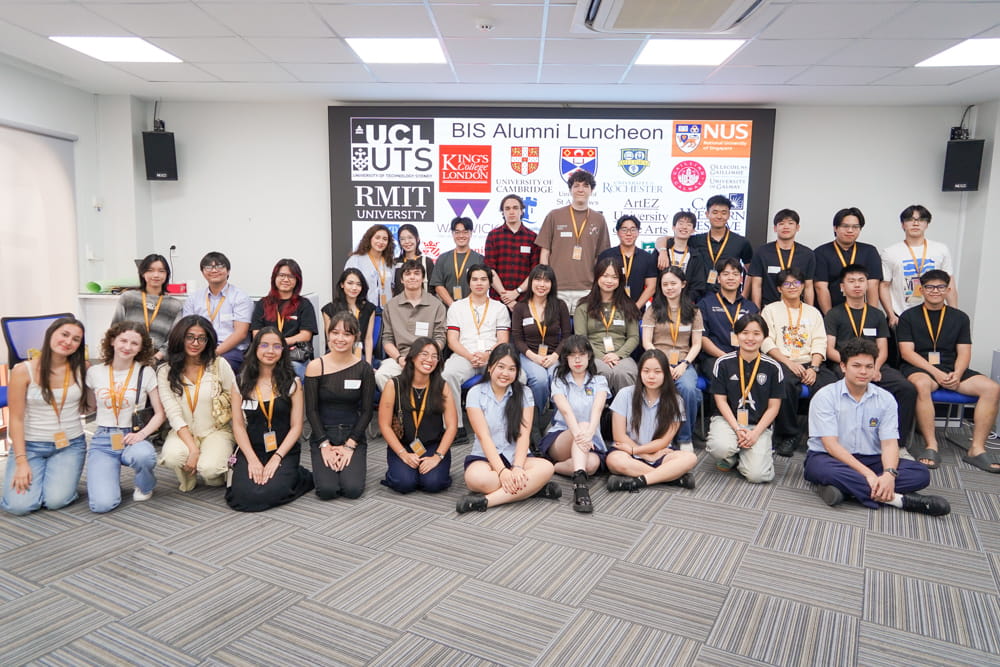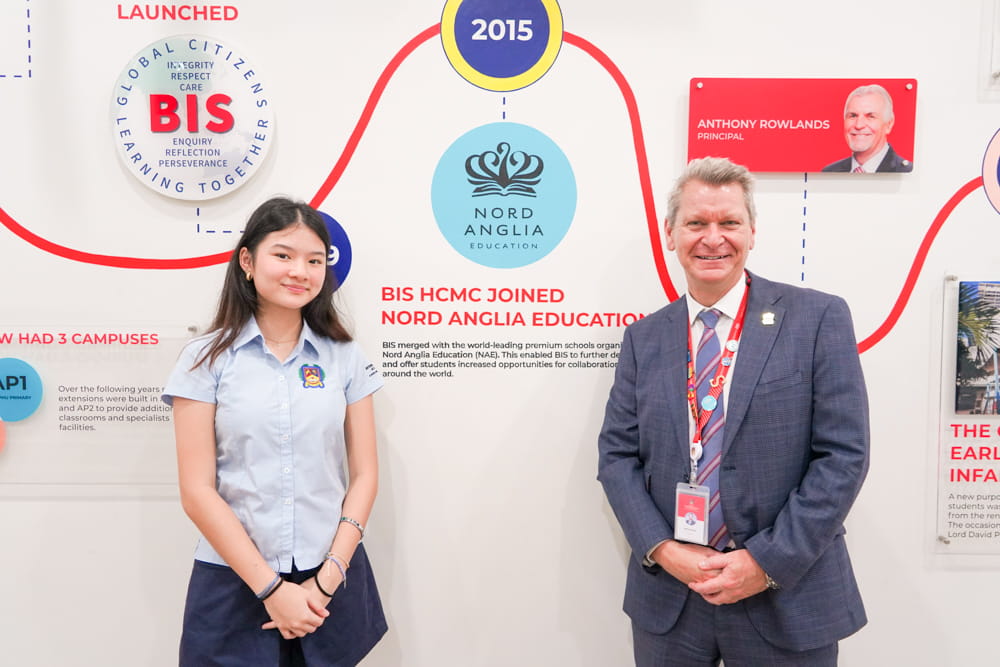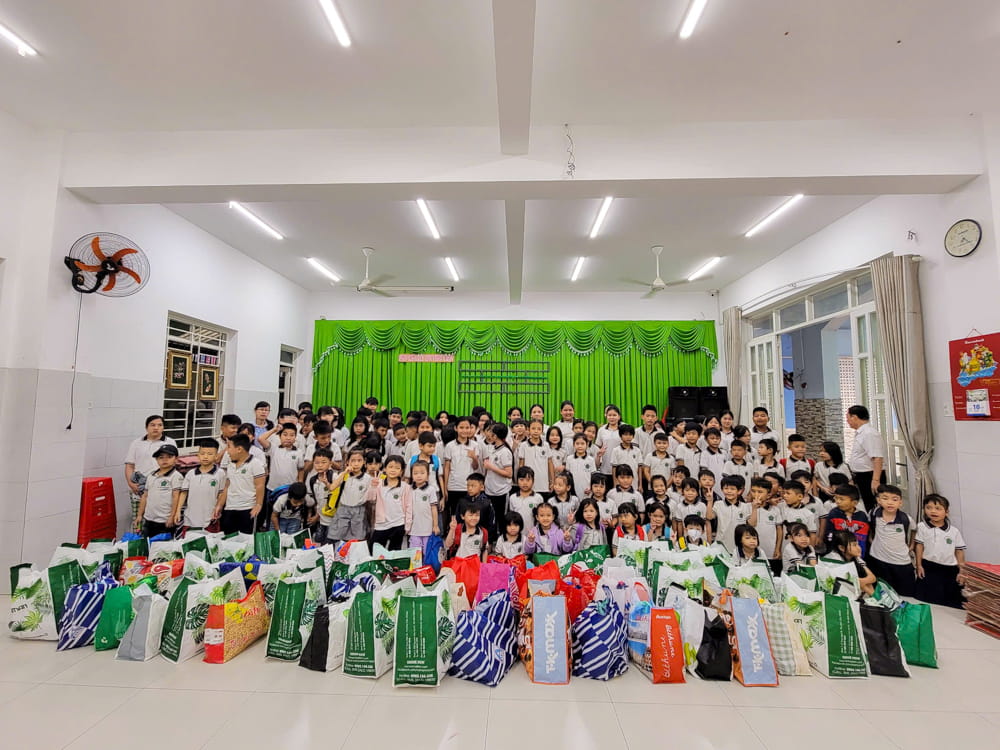Learning Outside the Classroom in IGCSE Geography The Geography Department firmly believe that learning outside of the classroom plays a fundamental role in allowing our students to build a deeper understanding and a stronger connection with the world around them, along with appreciating the challenges and possibilities that may impact their lives and communities in the future.
The Geography Department firmly believe that learning outside of the classroom plays a fundamental role in allowing our students to build a deeper understanding and a stronger connection with the world around them, along with appreciating the challenges and possibilities that may impact their lives and communities in the future.
This term, Ms Archer, Ms Kerr, Mr Cowen and myself had the pleasure of taking the Year 11 IGCSE geographers on a fieldwork trip to Mui Ne. On this adventure the students were able to collect huge amounts of river and coastal data to help them with their IGCSE “Alternative to Coursework” paper, which they will be sitting this coming June. In addition to this, the students gained valuable contextual knowledge in relation to coasts, rivers and tourism which will ensure they are able to maximise their potential in their Geographical Themes IGCSE paper.
The students worked incredibly hard over the 3 days and the Geography department would like to congratulate them on the efforts and positive attitudes they displayed during the trip. They certainly deserved their free time in the evenings as demonstrated in the thoughts of our Year 11 Geography subject ambassadors, Julie Dang and Fieke Evers;
“Over the course of 3 days, we managed to cover an expansive range of fieldwork whilst also being able to enjoy our brief sojourn. On our first day there, we visited Red Sand Dunes and walked around 200 metres on one of the main roads in Mui Ne to complete our land use survey. The second day was extremely busy as we worked very hard with our coastal fieldwork (measuring wave frequency, identifying wave types, finding etc.) and river fieldwork (done in the Fairy Stream). Both days ended with a data presentation and analysis session to ensure we understood and could expand on and explain the hypotheses we tested during the day. Despite the workload, alternating between work and times of fun (free time!) gave the trip a more laid back feel.”
The nature of these trips encourages students to work collaboratively as independent groups, think critically and be open minded as they reflect upon a range of contemporary tourism issues. It was not only a delight to see the students rise to this challenge during the trip, but also how their mind-set has changed now we are back in the classroom.
I would like to thank the parents for supporting the department in running this trip, and thank you to our brilliant staff who provided this opportunity for our budding geographers.
IGCSE Geography
IGCSE Geography involves the study of both natural and human environments and the interactions between them. Students study the key geographical patterns, processes and ideas which are fundamental to the future of the planet and its inhabitants. As globalization brings us all closer together, it is more important than ever to understand the dynamic world we are all a part of.
Stuart Elliott, Geography Teacher and Trip Leader








